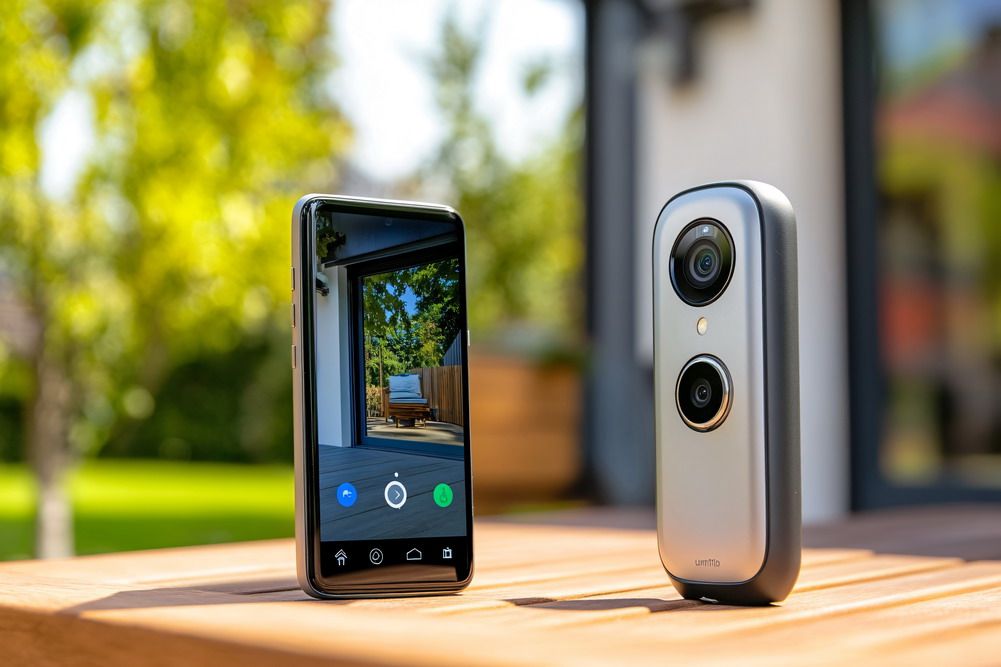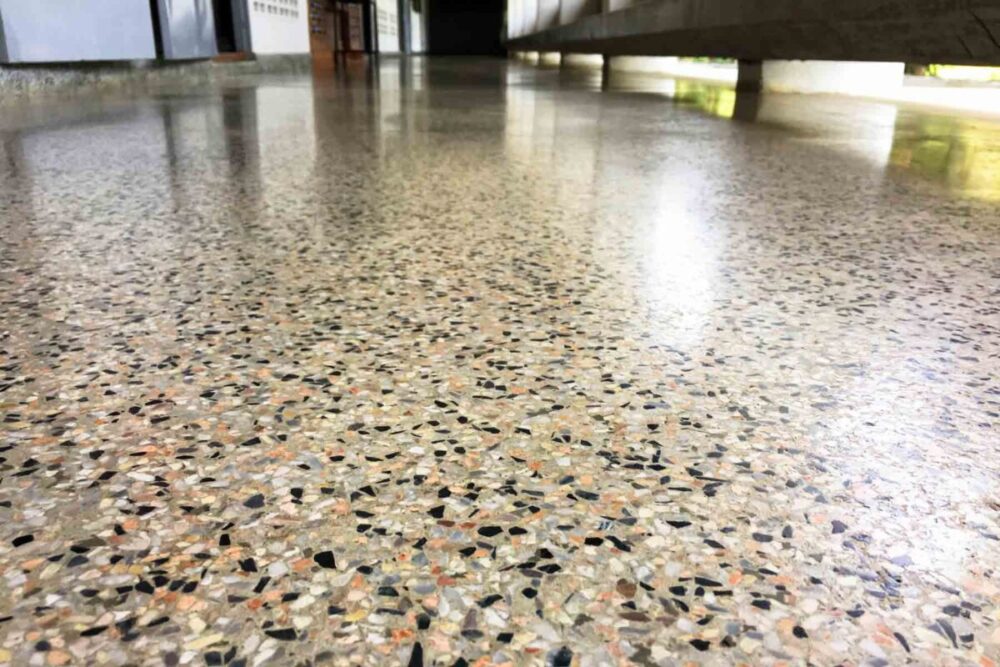Embarking on the journey of homeownership is a milestone worth celebrating. However, it also marks the beginning of a new financial chapter, one that requires astute budgeting and resourcefulness. As a new homeowner, you’re likely to encounter a myriad of expenses that may catch you off guard if not approached with a well-structured financial plan. From mortgage payments to utility bills and unexpected repairs, the financial responsibilities can seem overwhelming.
Initial Financial Planning

Embarking on the journey of homeownership demands meticulous financial planning. Before diving into the sea of expenses, it’s crucial to establish a comprehensive overview of your financial situation. Begin by assessing your monthly income and any existing debts or commitments.
This assessment will serve as a foundation for structuring your budget. While the excitement of a new home may tempt you to splurge on furnishings and decor, setting aside a contingency fund for unforeseen repairs and emergencies is paramount. A general rule of thumb is to have three to six months’ worth of living expenses stowed away in case of unexpected financial setbacks. Moreover, conducting research on mortgage rates and local property taxes can provide a clearer picture of your fixed monthly costs.
Prioritizing Home Essentials
The thrill of homeownership often leads to an eagerness to furnish and decorate every nook and cranny. However, an effective strategy involves prioritizing essential purchases over discretionary ones. Start by focusing on furniture and appliances that are vital for daily living. A comfortable mattress, a functional stove, and a reliable refrigerator should take precedence over decorative items. Consider scouting for sales, clearance events, and secondhand stores to find quality home essentials at a fraction of the price. Additionally, gradually furnishing your home allows you to spread out expenses and make more deliberate choices, preventing impulsive overspending.
Creating a Realistic Budget

Crafting a realistic budget is a cornerstone of successful homeownership. A budget functions as your financial roadmap, guiding you through the labyrinth of expenses with clarity and purpose. Begin by categorizing your expenses into fixed and variable costs. Fixed expenses encompass mortgage payments, property taxes, and insurance premiums. Variable costs include utilities, groceries, and discretionary spending. Allocate a set percentage of your income to each category, ensuring that your total expenses do not exceed your earnings. The 50/30/20 rule is a valuable guideline—allocate 50% of your income to necessities, 30% to wants, and 20% to savings and debt repayment. Regularly revisit and adjust your budget as circumstances change.
Energy-Efficient Appliances and Utilities
A significant chunk of a homeowner’s budget is allotted to utility bills. Combat escalating costs by investing in energy-efficient appliances and adopting smart energy practices. Swap out traditional incandescent bulbs for LED alternatives, which consume less energy and have a longer lifespan. When purchasing appliances, opt for those with an Energy Star certification—they’re designed to consume less electricity while maintaining optimal performance. Simple habits like turning off lights when not in use, unplugging chargers, and using a programmable thermostat can substantially trim your energy bill. Sealing gaps in windows and doors and ensuring proper insulation can further improve your home’s energy efficiency, keeping your wallet and the environment in good shape.
Smart Home Technology Investments

Incorporating smart home technology into your abode can deliver long-term savings and convenience. Smart thermostats enable precise temperature control, adjusting settings when you’re away to conserve energy. Similarly, smart lighting systems offer the flexibility to dim or turn off lights remotely, curbing unnecessary energy usage. Investing in a smart power strip can prevent energy wastage by cutting off power to devices in standby mode. Beyond energy savings, smart home security systems provide peace of mind by deterring potential intruders and enabling remote monitoring. While the upfront costs may seem steep, the efficiency gains and potential insurance discounts make these investments worthwhile.
DIY Home Maintenance and Repairs
As a new homeowner, embracing a do-it-yourself (DIY) mindset can be remarkably cost-effective. Minor repairs and maintenance tasks often accumulate and can strain your budget if outsourced to professionals. Learning basic skills like fixing leaky faucets, unclogging drains, and patching small holes in the wall can save you substantial sums over time. Online tutorials, instructional videos, and DIY communities provide a wealth of resources to guide you through various tasks. However, it’s crucial to recognize your limitations—complex repairs are best left to skilled professionals to avoid exacerbating the issue and incurring higher costs.
Cost-Effective Home Security Solutions

Securing your new home doesn’t have to be a financial burden. Cost-effective security solutions can provide peace of mind without breaking the bank. Reinforce entry points by installing deadbolt locks and window locks, deterring potential intruders. Motion-activated outdoor lighting is an effective deterrent and can be installed at a reasonable cost.
Simulated security cameras offer a budget-friendly way to create the illusion of surveillance. Moreover, forming connections with your neighbors can foster a sense of community vigilance, where everyone looks out for one another’s properties. Remember, a secure home doesn’t solely depend on expensive systems—it’s about adopting proactive measures that discourage unlawful activity.
Optimizing Home Insurance and Warranties
Safeguarding your investment through home insurance and warranties is a smart financial move. However, that doesn’t mean you have to settle for the first offer that comes your way. Research various insurance providers and compare policies to find the best coverage at competitive rates. Increasing your deductible can lower your premium, but ensure you have the funds available in case of a claim.
Home warranties can offer additional protection by covering the repair or replacement of appliances and systems. Just like insurance, shop around for the best warranty that suits your needs and budget. Regularly review your policies to ensure they align with your evolving circumstances and adequately protect your investment.

Final Words: Charting a Prosperous Path Forward
As you embark on your homeownership journey, the path to smart savings and financial stability unfolds before you. Armed with these budgeting hacks and money-saving tips, you possess the tools to navigate the intricate world of homeownership with confidence. From the initial financial planning stages to optimizing your insurance coverage, every step you take will contribute to your financial well-being.
Remember, homeownership is a marathon, not a sprint. By making informed decisions, prioritizing your spending, and continuously refining your financial strategies, you’re laying the groundwork for a prosperous and harmonious life in your new abode. Your home is not only a sanctuary but also a testament to your resourcefulness and financial wisdom.





